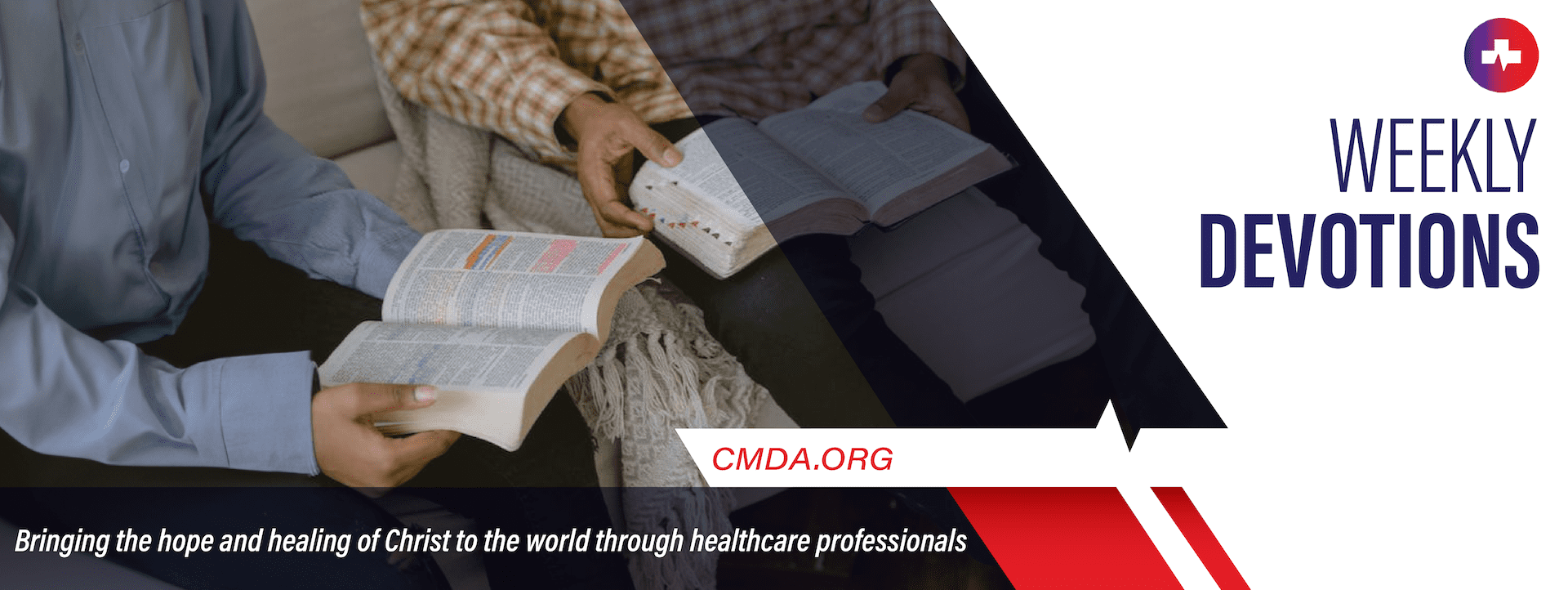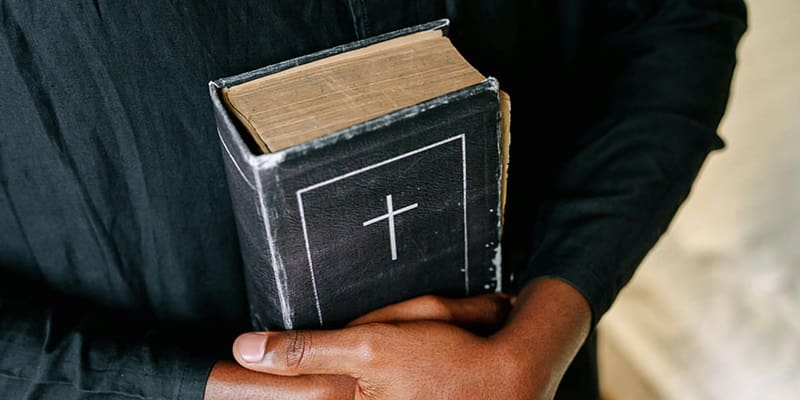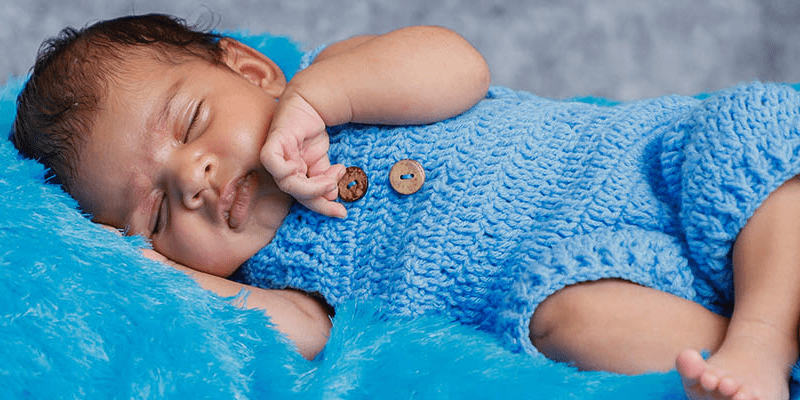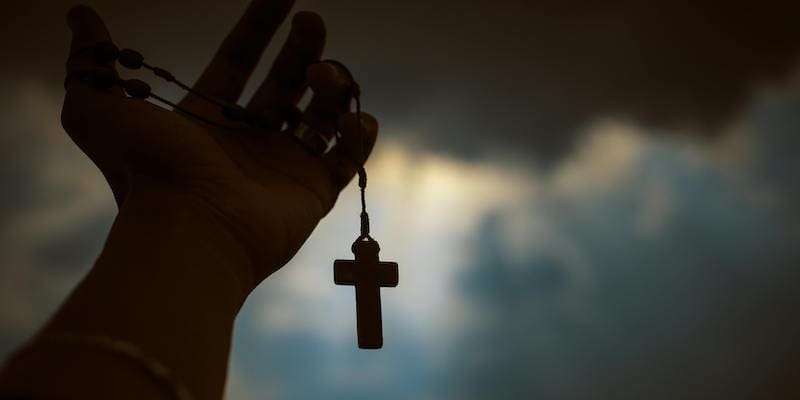
Jehovah Mephalti
September 24, 2024

“In my distress I called to the Lord, and he answered me” (Psalm 120:1, ESV).
My daughter Catherine called and asked about taking her kids and friends to the farm that I used to partly own. I remembered our times there together and was excited to join them. My wife then reminded me that I was on call that day. I was mainly important for the set up, so they went without me. Catherine called that afternoon and reported their experience. At the end of the day, she was driving a four-wheeler with my grandson on the back of her seat. Another four-wheeler with two young boys was following, close enough for her to watch by looking over her shoulder. No one was going fast or cutting up. When they reached the back field, she turned her head and saw the four-wheel behind her flip into the air and turn over. Totally terrified, she rushed back to see how badly the boys were injured, knowing it would be serious. When she reached the site, both boys were bruised but okay. They had been thrown in the air and landed on their stomachs with the four-wheeler slamming down on top of them, wheels to the ground. They had fit completely between the wheels without being struck by the vehicle itself. All the way home and after, they praised God for His deliverance.
During ancient Greek drama performances, at times the play would work its way to a spot where it was impossible for the protagonists to escape. The directors would then use a plot device known as deus ex machina. A god would be lowered onto the stage from above and save the day.
Sometimes, this is the way we relate to the one true God. We run out of options within our power and seek the impossible: a healing that science could not deliver, an addict who continued to relapse, a repeatedly unfaithful spouse, a malpractice suit where we have erred, a four-wheeler crashing down on our children.
Praise God that He does enter our impossible situations and sometimes saves that which we would have lost. We are right to beg for that deliverance—Jehovah Mephalti.
But that’s not most of life.
Dietrich Bonhoeffer, in letters he smuggled from prison, wrote of his concern that we treat our God as a “God of the gaps,” our deus ex machina, available to us when we have reached our limits, but not so necessary when we live within the range of our capabilities. We love Him when we need Him. As we become more and more capable human beings, the gaps where we need Him become smaller and smaller, and we confine God into smaller and smaller spaces. Eventually, we may hardly seek Him at all, not realizing we need Him every moment. Bonhoeffer understood the danger, as he wrote in Letters and Papers from Prison:
“I’d like to speak of God not at the boundaries, but at the center, not in weakness, but in strength, not in death and guilt but in human life and human goodness…The church stands not at the point where human powers fail, but at the center of the village.”
The point being, Do I confine my God to the places where I cannot make it on my own, or do I seek Him in each moment and in every relationship?
A number of things in life are vitally important. We should cry out and hold them up to the God who delivers. However, only three things are eternally important: our personal relationship with the Father, our privilege to glorify His name and our mission to bring others into His kingdom. These do not change whether life is good, bad, hopeful or hopeless. It is so shallow and foolish when I seek Him only in my need.
Dear God,
Thank you, and praise you for deliverance, over and over. Please help me place you in the center of my life, every day.
Amen








